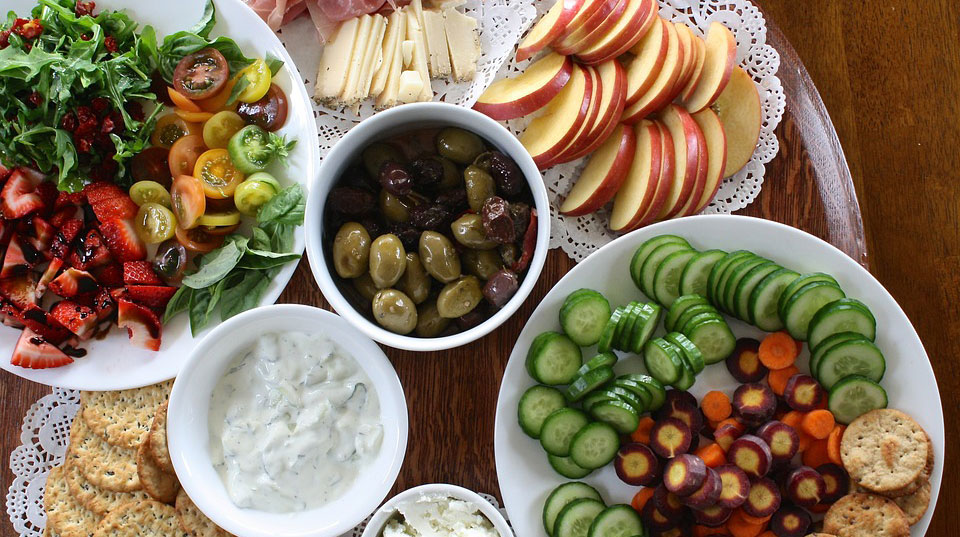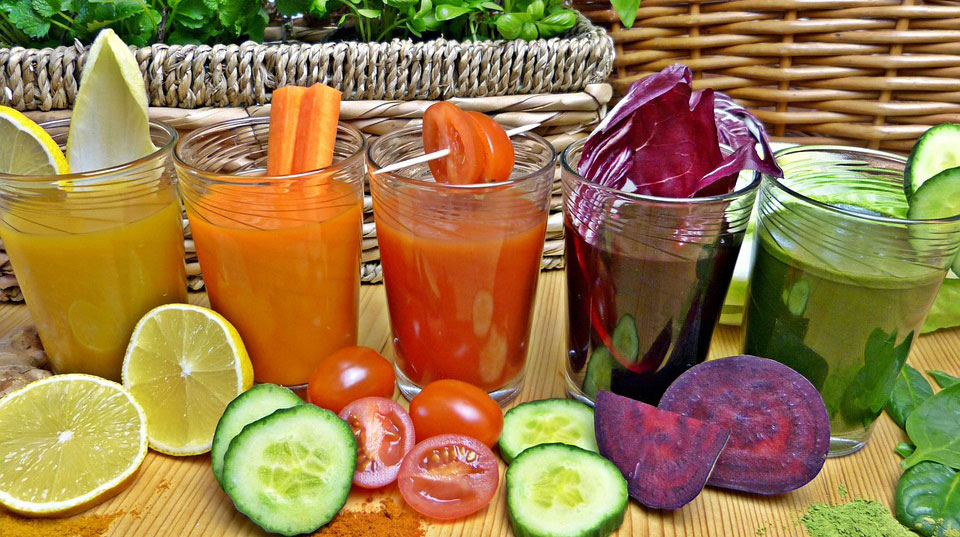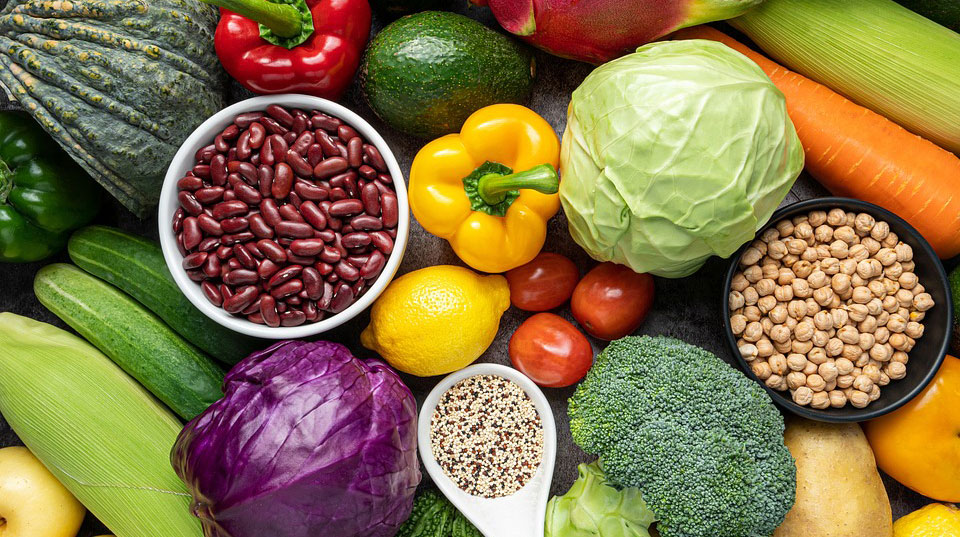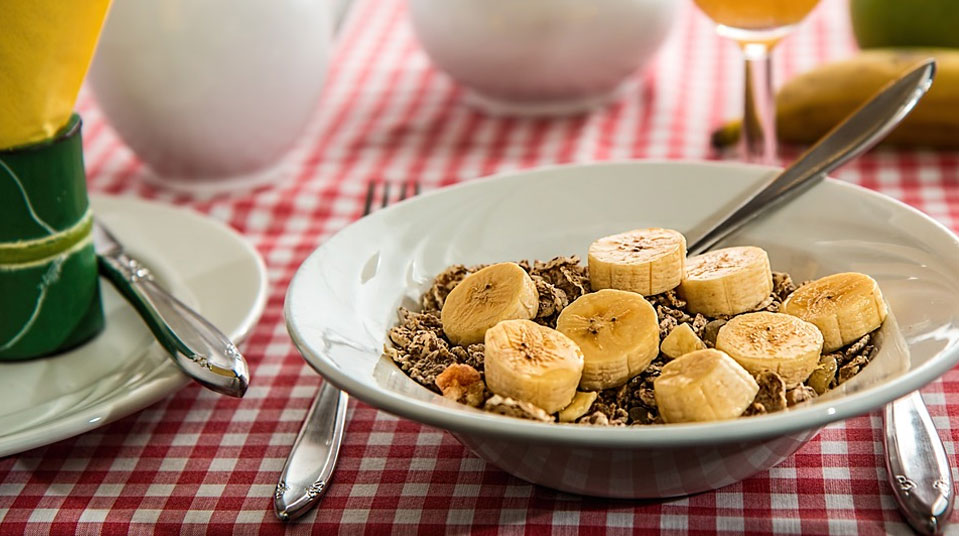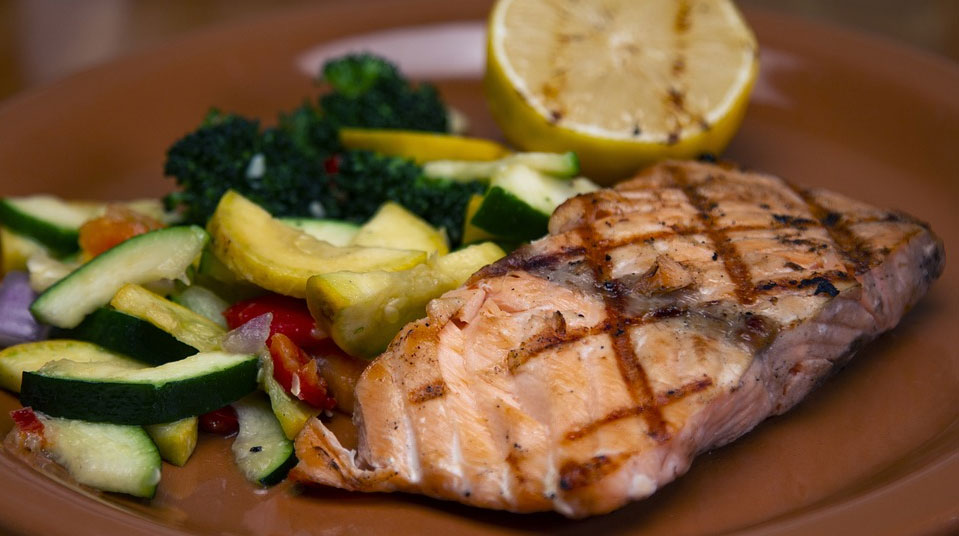
Diet And Aging FAQ
A healthy weight is an important part of aging. Not only can it prevent certain health problems, it can also improve your quality of life. Maintaining a healthy weight can reduce your risk of cardiovascular disease, osteoporosis, arthritis, and some cancers.
In order to maintain a healthy weight, you need to make a few adjustments to your diet. For example, you may need to cut down on sweets and spicy foods. You should also be aware that your caloric needs are lower as you age. A good diet plan may also include frequent, low-impact exercise such as walking, biking, or swimming.
The best way to determine your optimal weight is to track your changes over time. Your physician can help you devise a plan to stay healthy. For example, your physician may recommend a high-protein, low-sugar diet.
For example, a healthy diet will ensure that you get the vitamins and minerals you need to function at your best. Having a well-balanced diet is especially crucial as you age. This is because the body’s metabolism slows down with time.
What Are the Best Fats to Support Heart Health?
If you’re trying to lose weight or improve your heart health, it’s important to know what fats are good for you. You need to eat a diet rich in healthy fats to keep your body functioning properly.
Saturated fats are found in meats, dairy products, and baked goods. Eating too much of them can raise your unhealthy cholesterol levels.
In addition to raising bad cholesterol, they increase the risk of cardiovascular disease. In fact, if you are at high risk for heart disease, you should limit foods that contain cholesterol to just once a week.
Monounsaturated and polyunsaturated fats are healthier alternatives. These are liquid at room temperature, and you can find them in oily fish, avocados, and some nuts. They are also a great source of vitamins and fiber.
You can replace high-fat meats and dairy with oils made from seeds. They have less saturated fat than their counterparts, and they are high in essential fatty acids.
One small handful of unsalted nuts is an easy way to add fat and vitamins to your diet. They can be eaten on their own or added to salads, trail mixes, or in cooking.
What Foods Help Reduce Risks of Cancer?
If you’re looking for ways to reduce your risk of cancer, eating a diet full of vegetables and fruits may help. The antioxidants found in these foods help protect your body from the damage caused by oxidants. The nutrients also prevent cell mutations, helping to keep your cells healthy.
Scientists have also discovered that foods that promote inflammation can increase your risk of developing cancer. Some of these foods include berries and legumes. They contain anthocyanins, which are powerful antioxidants.
Another food that is said to lower cancer risk is spinach. The greens are rich in folate, which repairs DNA. In addition, they have fiber. They can be eaten raw or cooked. They go well with most meals. You can add them to a salad, soup, or chili.
Some foods that can increase your risk of cancer include alcohol and processed meats. If you drink, you should cut back. Some studies show that heavy drinking increases the risk of esophageal, mouth, pharynx, and throat cancers.
Choosing whole grains may also lower your risk of certain types of cancer. These foods are packed with fiber, which has been linked to reduced risk of colorectal cancer.
Can I Reduce Wrinkles With a Good Diet?
A balanced diet and good lifestyle can help you maintain a younger looking complexion. The right food can improve your skin’s appearance, as well as its structure and elasticity.
A balanced diet should contain foods rich in vitamins, minerals, and antioxidants. Some nutrients, such as zinc and selenium, can help reduce the appearance of wrinkles.
Soy is another ingredient that can improve the appearance of your skin. It contains polyphenols, which are powerful antioxidants. It can also help reduce the appearance of dark spots and fine lines. Adding soy to your diet may also improve your overall skin tone and texture.
Green tea is also a rich source of antioxidants. It is especially helpful in preventing free radical damage. Its polyphenols have been shown to improve the appearance of skin in elderly subjects. It is also a great substitute for sugar-sweetened beverages.
Fish is also a great source of omega-3 fatty acids. These nutrients attract water to the cells, which helps plump the skin and keep it moisturized. A balanced diet should also include plenty of protein. Meat is rich in amino acids, which help build the cells of the body. It can also help boost collagen production.
What Are the Best Foods For Optimal Energy?
Some foods have been found to have energy-boosting properties. For instance, caffeine has been shown to enhance alertness and give you a shot of the old-fashioned caffeine boost. However, too much of a good thing is not necessarily a good thing.
Nutritious whole foods are also the best way to go. This is especially true when it comes to your dietary staples like peanut butter. This nut contains fiber to keep your blood sugar levels in check, and 9 grams of protein per quarter-cup. If you are in the market for some of the healthiest fat around, you might want to opt for a healthy smattering of cashews. Likewise, a bowl of whole wheat pasta or rice is a tasty and healthful way to start the day.
Another energy-boosting food to try is the oh-so-famous chocolate chip cookie. You might not have thought of this as an energy-boosting treat, but it is a great source of fiber, and it will keep you fuller for longer. The real trick is to make sure that the cookies are not too sweet.
What Are the Best Foods to Boost My Immunity?
Eating the right foods can boost your immune system, and help you to stay healthy. You do not have to take any expensive supplements to do this. It’s simply a matter of making a few changes to your diet.
You should eat five to seven servings of fruits and vegetables a day, which will provide you with plenty of immune-boosting vitamins and minerals. These foods are rich in antioxidants and flavonoids.
Fruits are a great source of vitamin C, which is believed to stimulate the production of antibodies. Citrus fruits are especially high in this nutrient. You can eat them whole or juice them.
Leafy greens are another great source of immune-boosting vitamins and minerals. They contain vitamin C, beta-carotene, lutein, and fiber. They are also good for the heart and brain.
Fish is another nutrient-rich food that you can eat to help strengthen your immune system. Omega-3 fatty acids are particularly beneficial for reducing inflammation. These fatty acids help white blood cells work harder and reduce the risk of infections. Salmon is also a good source of vitamin D.


